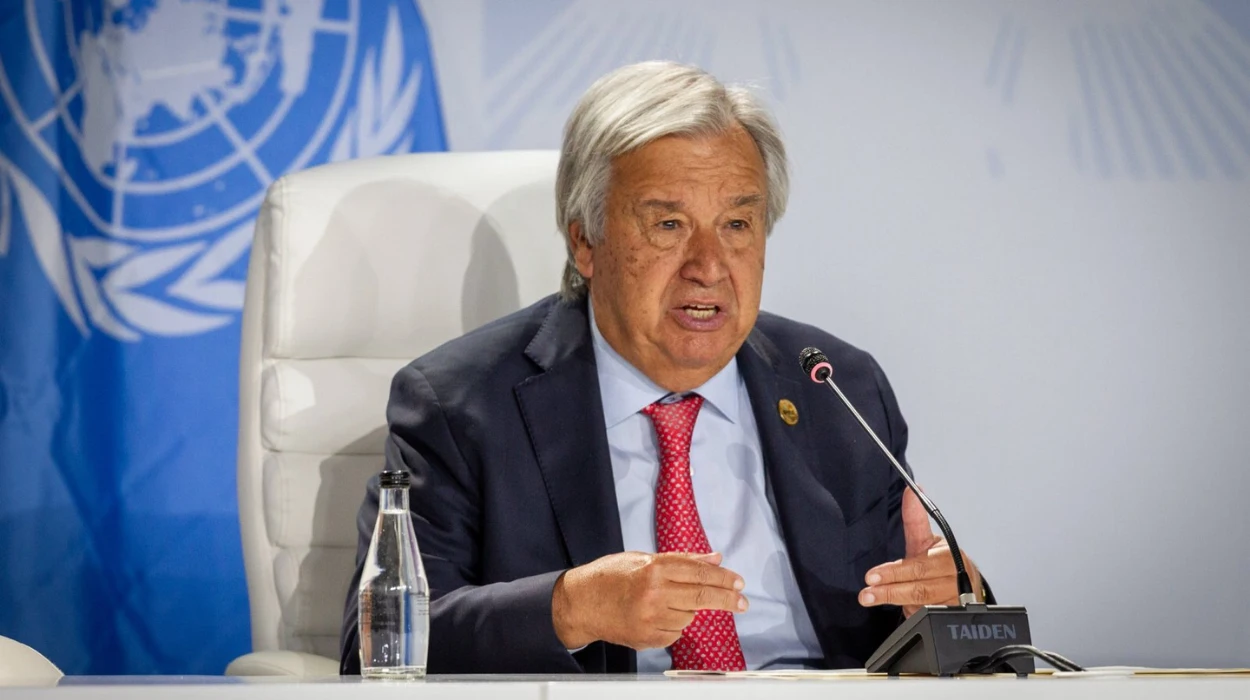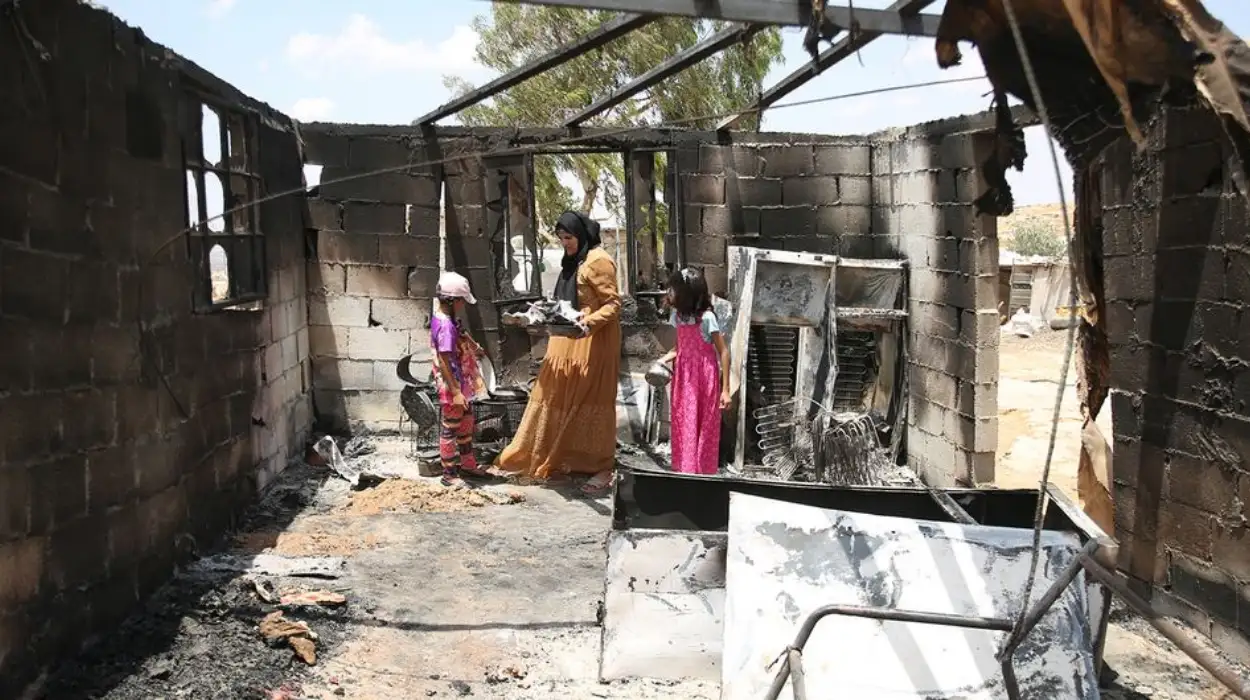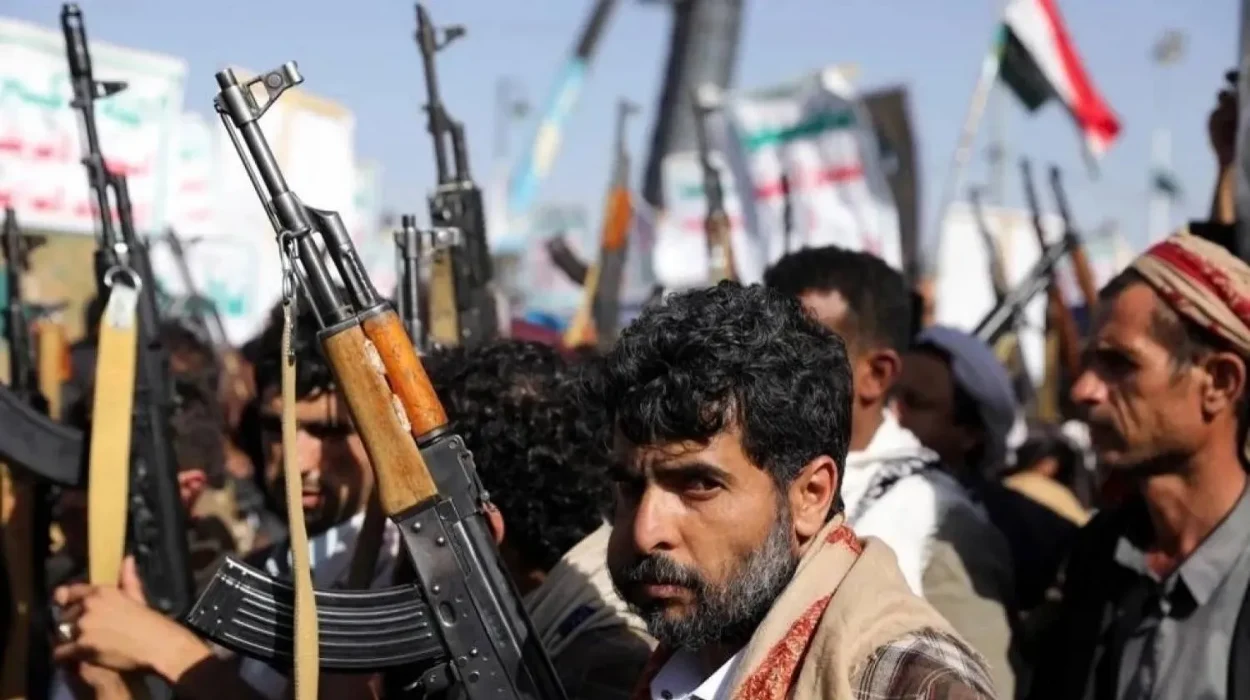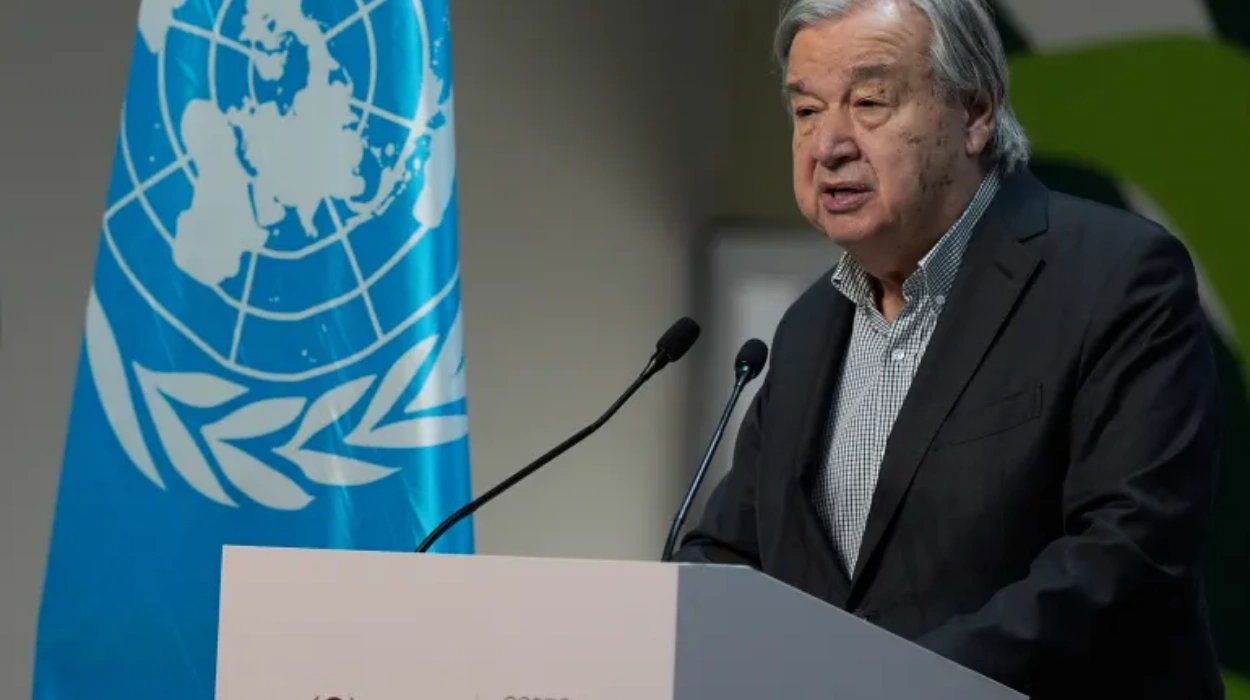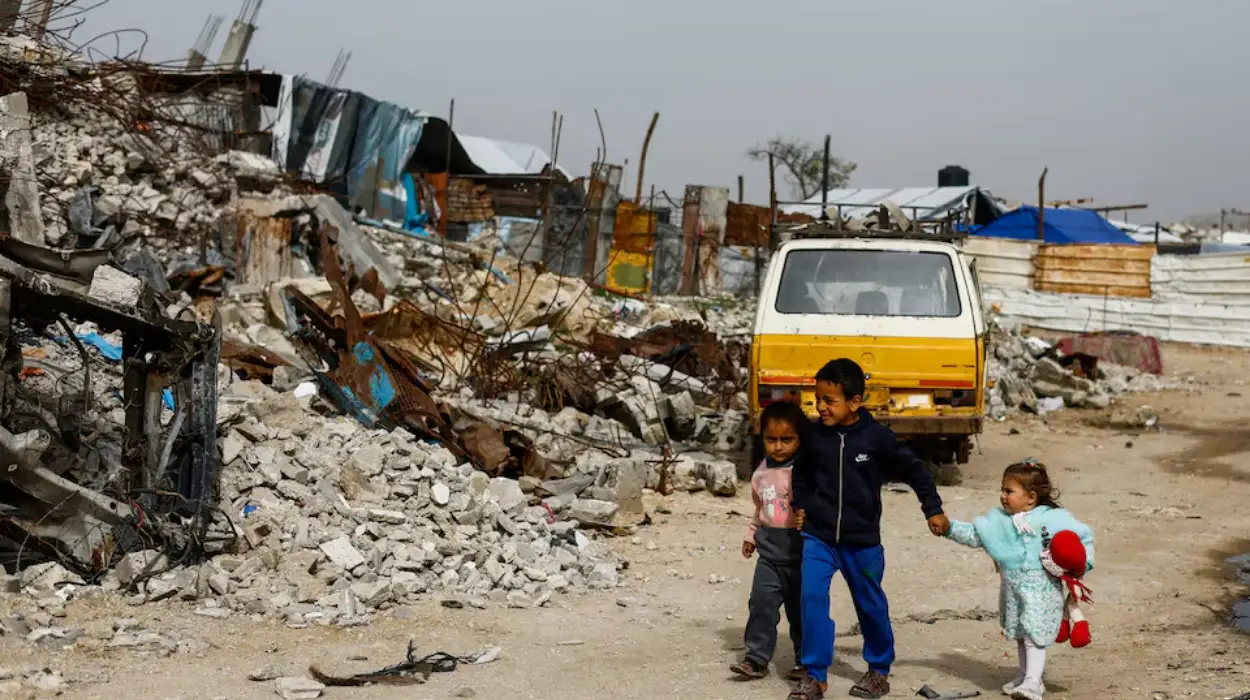Secretary-General António Guterres has stated that the UN is experiencing severe financial hardship as a result of escalating global issues. While giving Member States an update on the international body’s status in New York on Monday, Guterres pressed for extensive structural changes to save expenses and improve the functioning of the global organization.
Only $1.8 billion of the $3.5 billion regular budget assessments for 2025 had been received, according to data given by the UN Controller to the Fifth Committee (Administrative and Budgetary) of the General Assembly.
Which countries are responsible for the biggest arrears?
This resulted in a roughly 50% shortage. The United States owed around $1.5 billion, followed by China ($597 million), Russia ($72 million), Saudi Arabia ($42 million), Mexico ($38 million), and Venezuela ($38 million) of the $2.4 billion in outstanding assessments as of April 30. Other Member States were yet to pay an extra $137 million. The outstanding balance for the July-June cycle peacekeeping budget, which includes arrears from previous periods, comes to $2.7 billion.
As of April 30, the total amount owed to the International Tribunals was $79 million.
Guterres bemoaned, “These are dangerous times, but they are also times of great opportunity and responsibility.” The United Nations has a more pressing mission than ever before.
How will the UN restructure its operations and staff?
Guterres described extensive initiatives to modernize the UN system’s operations, including reducing expenses, simplifying processes, and updating its stance on human rights, development, and peace and security.
According to him, the findings would be included in updated budget projections for 2026 in September 2025, with more modifications that need in-depth research being presented in 2027.
According to Guterres, the adjustments should result in “meaningful reductions” in the total budget, with the departments of political and peacekeeping affairs potentially seeing a 20% personnel reduction due to the elimination of duplication.
According to him, this degree of cutback might be used as a standard throughout the UN system while taking particular departmental considerations into account. “Relocating employees and offering possible termination packages may involve immediate, one-time costs,” Guterres stated. However, we may lower our post and non-post expenses as well as our commercial impact in those cities by relocating posts from expensive areas.
He stated that departments at the UN’s headquarters in Geneva and New York had been urged to consider reducing, eliminating, or moving certain teams to less expensive duty locations.
How might peacekeeping and political departments be affected?
Over 3,600 distinct mandates for the Secretariat alone were found in an initial examination. Now, a thorough and in-depth examination is in progress. Guterres underlined that smaller Member States with fewer resources were particularly burdened by the sheer volume of mandates and the bureaucracy required to carry them out.
“Based on this work, Member States may wish to consider the opportunity to conduct themselves a review of the mandates,”
he added.
Nearly 50 initial submissions had already been received from senior UN officials, reflecting what Guterres described as “a high level of ambition and creativity.”
Peace and security, development, human rights, humanitarian, training and research, and specialized agencies were among the key work areas that had been highlighted for assessment. Speaking about the UN’s terrible financial flow, Guterres said the plan was not a solution to the months-long liquidity problem. It should lessen the impact by being more economical.
He stated that structural change was not the solution to certain member states’ basic inability to make timely payments to cover operating expenses and that “the liquidity crisis is caused by one simple fact – the arrears.”
In order to gather advice and provide specific recommendations for nations to implement, the secretary-general informed member states that he would be holding frequent and in-depth consultations with them about the cash issue and necessary changes. He stated,
“Our concern is to be humane and professional in dealing with any aspect of the required restructuring,” and that UN employees and their representatives were being consulted and heard.


